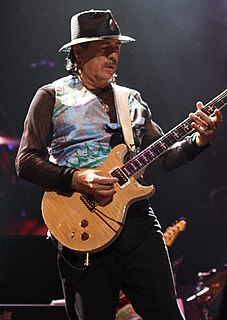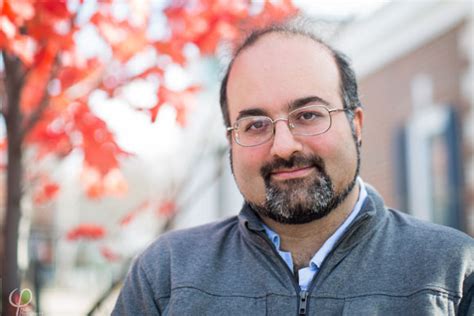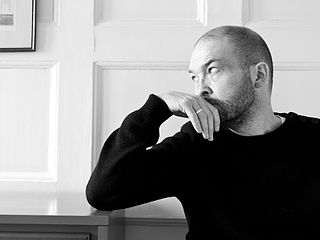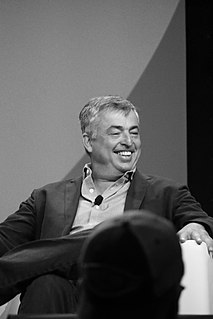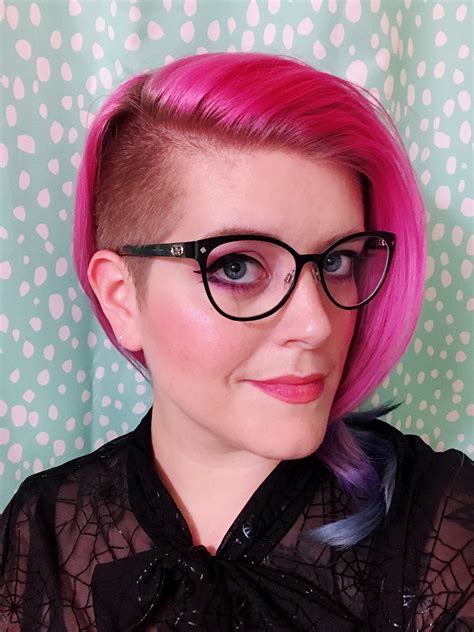A Quote by John Medina
People try to apply directly results from the cognitive neurosciences directly to classroom practice and I have to tell you I am very skeptical about the exercise. We don't know very much about how the brain works - we don't even know how you remember to write your name.
Related Quotes
Most brain scientists have not taught 4th grade, and don't know very much about the classroom, even though they might study learning in some detail. Most education professionals, who often know a tremendous amount about the classroom, don't know much about the brain. That is one of the reasons why I am so skeptical about applying brain findings to the classroom.
Even though we don't know squat about how the brain works, the little we do know suggests that if you wanted to design a learning environment that was directly opposed to what the brain was naturally good at doing, you would design the education system we currently have, not only in America, but all over the world!
We still know so little about how the brain interacts with the body chemistry or, for that matter, whether we should be talking about the brain or the mind, that it would be perilous to hazard any guess about the way Abraham Lincoln's biological health may or may not have affected him. Of course, we don't have Lincoln on hand to ask him directly; but even if we did, we still might not be able to make sense of how all the parts worked together.
I write songs when I need to. That's how I write songs: when there's something that's bugging me. If something's troubling me, and I don't really know how to articulate it to people directly - my friends, my family, or my girlfriend - then I'll write a song about it because I know I can articulate it that way.
I believe so strongly in what I do and I practice what I preach! My Dad died at fifty - do I have to die at fifty? My Dad ate all the junk food, he wouldn't exercise - how can you tell your Dad anything? We know about nutrition and we know about exercise. There's no reason for anybody to be sick and tired, fat and out of shape - it's ridiculous!
John Coltrane is still probably one of the greatest musicians of this century. His tone truly puts demons on a leash. His gift is directly from the mind of God and is very powerful. ..... The first time I heard a Love Supreme, it was really an assault. It could've been from mars as far as i was concerned, or another galaxy.
I remember the album cover and the name, but the music didn't fit into the patterns of my brain at that point. It was like someone trying to tell a monkey about spirituality or computers, you know, it just didn't compute.
I am not an evangelist. I am not a preacher. I am a musician. That is what I know how to do. I know how to write songs. I know how to write things that relate to my heart. I feel that I talk about God in every song, in everything I do - all of it! I really do not know how to respond. I do not relate to that.
When I ask, “How are you?” that is really what I want to know. I am not asking how many items are on your to-do list, nor asking how many items are in your inbox. I want to know how your heart is doing, at this very moment. Tell me. Tell me your heart is joyous, tell me your heart is aching, tell me your heart is sad, tell me your heart craves a human touch. Examine your own heart, explore your soul, and then tell me something about your heart and your soul.
I personally feel that there's a lot of music journalism that is dominated by genre, because you need a language in which to write, but actually the things that strike people about music, are very hard to write about, and its sonic connections, it's a sense of harmony that I think we all have even if we don't know how to express it - it's something musical, it's synapse connections in our brain.





